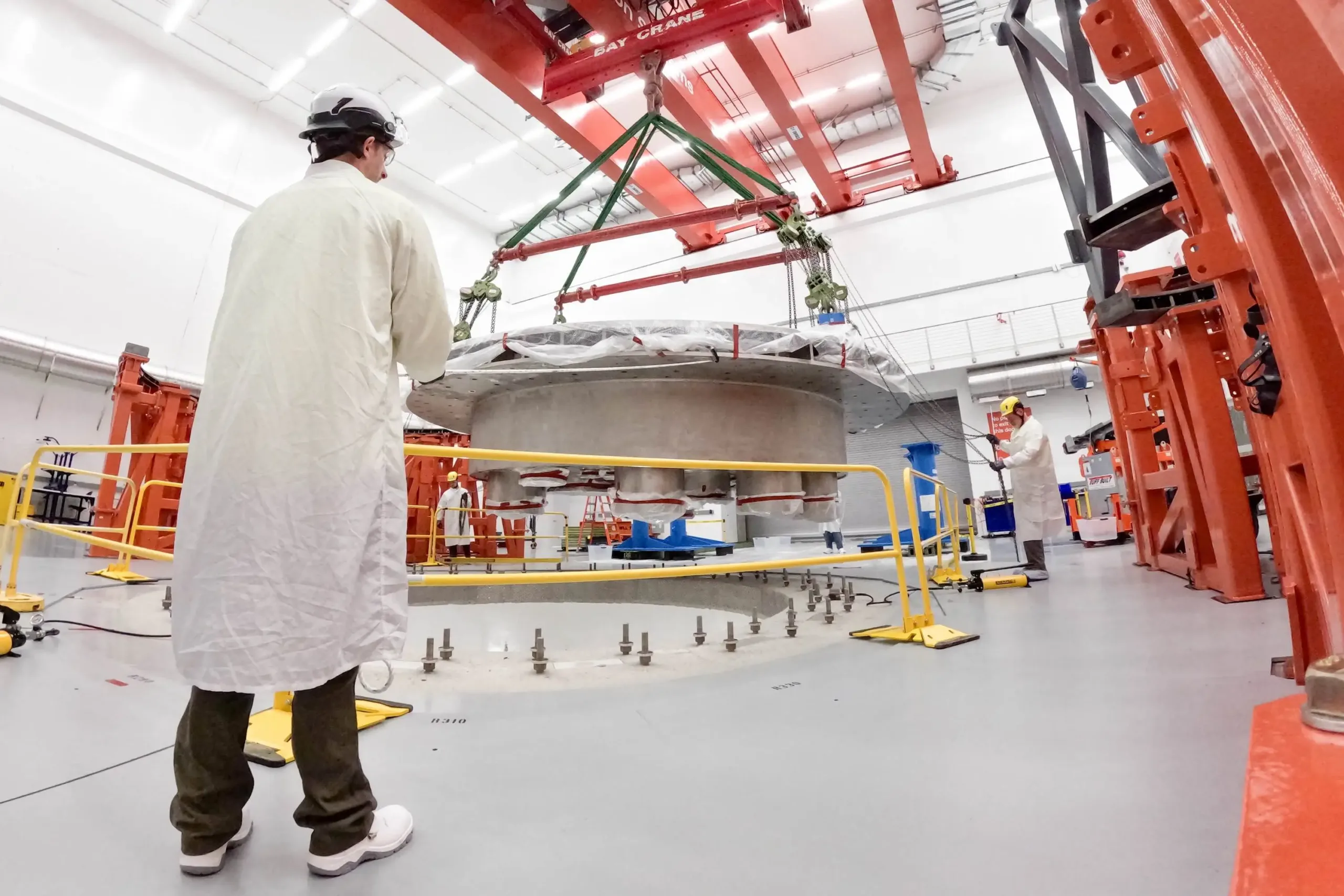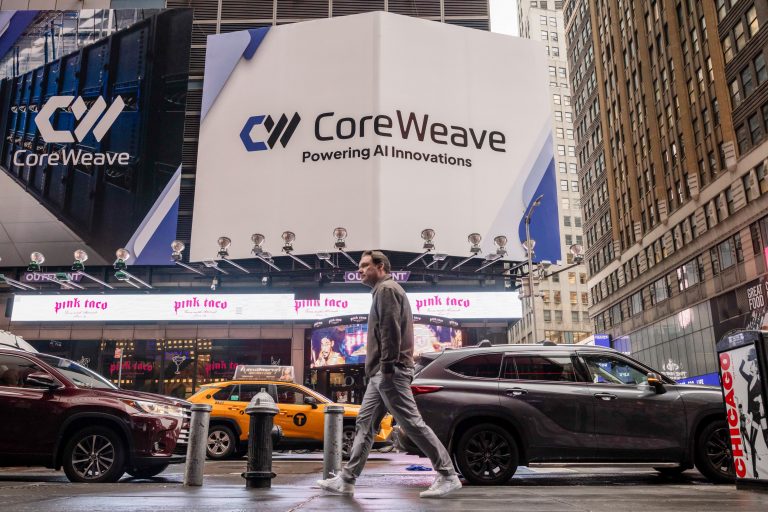Tech Giants Invest $863 Million in Commonwealth Fusion Systems
Massachusetts-based startup Commonwealth Fusion Systems (CFS) has secured $863 million in fresh funding from a diverse pool of investors, including Nvidia, Google, Bill Gates’ Breakthrough Energy Ventures, and several global financial institutions.
The funding round marks another significant milestone for the fusion energy pioneer, bringing its total fundraising to nearly $3 billion—the highest of any fusion startup to date. CFS had earlier raised $1.8 billion in 2021.
“We’re advancing fusion not just as a concept but as a commercial industrial reality,” said CEO and co-founder Bob Mumgaard during a media briefing. “This round enables us to accelerate progress and bring fusion energy closer to practical deployment.”
Fusion energy, long hailed as a near-limitless clean power source, has recently drawn heightened investor attention thanks to breakthroughs in artificial intelligence and computing, which have boosted research and development.
CFS is currently constructing Sparc, a prototype reactor located in a Boston suburb. The company aims to switch it on next year, with a target of achieving scientific breakeven by 2027—the point where fusion generates more energy than it consumes. While Sparc is not designed to deliver electricity to the grid, it is a critical step toward CFS’s ultimate goal of building Arc, its first commercial-scale power plant, expected to begin construction in Virginia around 2027 or 2028.
Both Sparc and Arc are designed as tokamaks—fusion reactors that confine plasma using powerful superconducting magnets. Although the tokamak model is well established in scientific circles, uncertainties remain.
“It’s always an open question when you activate a new device,” said Saskia Mordijck, an associate professor of physics at the College of William and Mary. “You may encounter plasma states never seen before, which could bring unexpected challenges—or discoveries.”
The Series B2 round attracted a wide range of investors. Notably, no single backer led the round, though several existing stakeholders, including Breakthrough Energy Ventures, Emerson Collective, Eni, Future Ventures, Gates Frontier, Google, Khosla Ventures, and Tiger Global, increased their investments.
New entrants include Brevan Howard, Morgan Stanley’s Counterpoint Global, Stanley Druckenmiller, FFA Private Bank (Dubai), Galaxy Interactive, Gigascale Capital, HOF Capital, Nvidia’s NVentures, Planet First Partners, Woori Venture Partners US, and a consortium of 12 Japanese firms led by Mitsui & Co. and Mitsubishi Corporation.
Industry observers note that such a broad investor base could support CFS not only financially but also through partnerships to establish supply chains, build power plants, and secure electricity buyers. Google has already signed an agreement to purchase 200 megawatts of power from Arc once it comes online.
Despite the progress, building Arc will require billions more in funding beyond this latest round. “We’re not entirely sure yet how the capital for Arc will be structured,” Mumgaard admitted. “But we—and our investors—are deeply committed to making this a reality.”
Fusion’s promise of abundant, carbon-free energy may still face scientific and financial hurdles, but with heavyweight investors and rapid technological advances, CFS is positioning itself at the forefront of what could be a global energy revolution.
Source: Techcrunch
news via inbox
Get the latest updates delivered straight to your inbox. Subscribe now!




